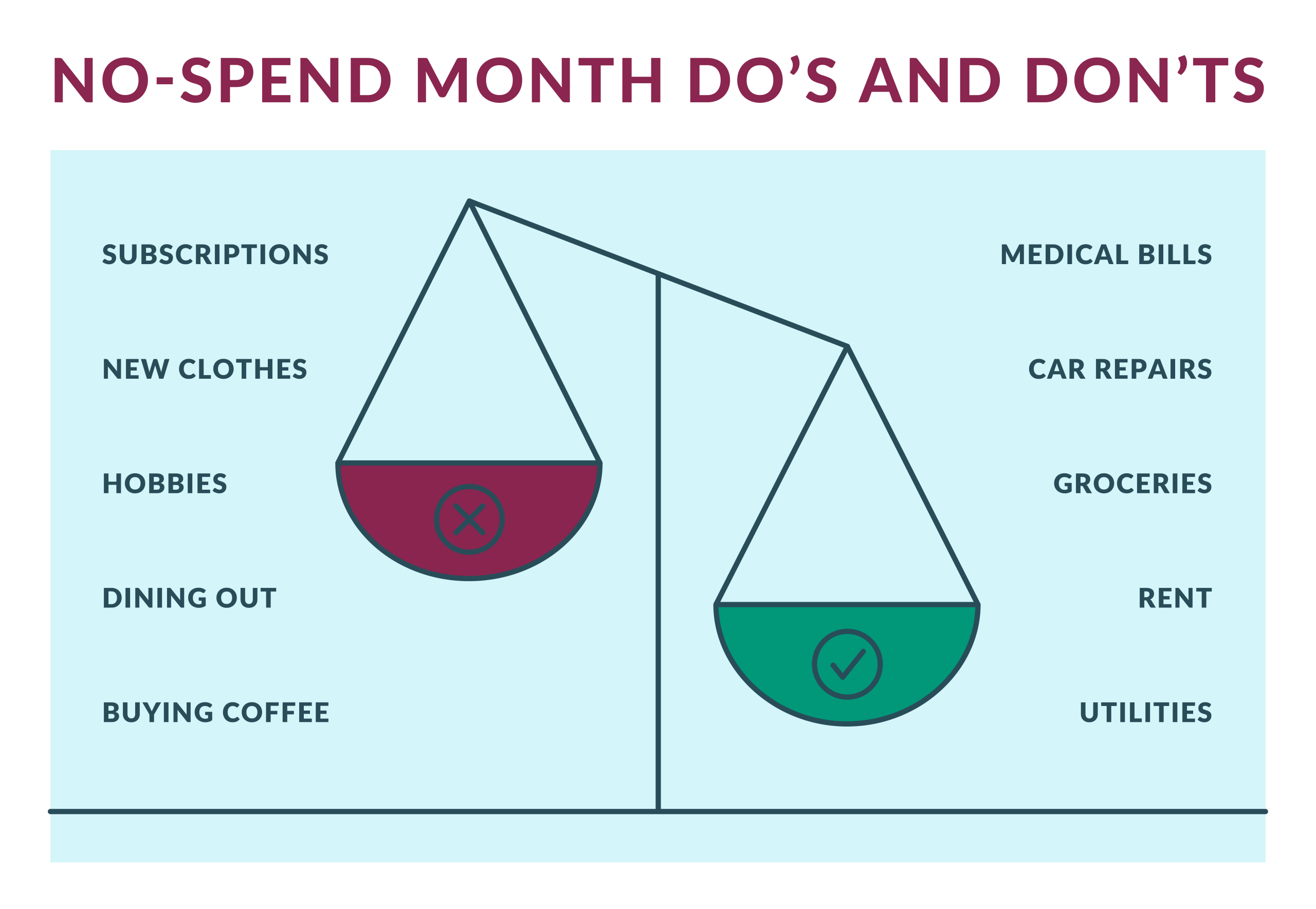Anúncios
When you are planning to buy a home, taking the first step with mortgage pre-qualification can put you on the right track.
This initial process gives you an estimate of how much you can borrow, helping to align your expectations with your financial reality.
It not only simplifies the home buying process but also strengthens your position as a buyer in a competitive market.
In this content, we will detail what mortgage pre-qualification means, how it works, its benefits, and how it differs from pre-approval.
By the end, you will have all the information needed to take the first steps confidently toward acquiring your own home.
What is Mortgage Pre-Qualification?
Mortgage pre-qualification is a preliminary assessment of your financial situation conducted by a lender.
During this process, the lender analyzes basic details about your income, debts, and credit score, usually provided by you without verification. Based on this information, they estimate how much you can borrow for a mortgage.
Unlike pre-approval, pre-qualification is not a binding commitment. It does not involve a thorough analysis of your financial documents or a formal credit check, making it a quicker and less intensive process.
However, the estimate provided can serve as a useful starting point as you navigate the home buying process.
One of the main benefits of pre-qualification is that it gives you a clearer picture of your financial limits.
This insight is crucial for avoiding homes that are out of your price range and focusing on properties that fit within your budget.
It also allows you to approach the market confidently, knowing where you stand financially.
Why is Mortgage Pre-Qualification Recommended?
Opting for mortgage pre-qualification offers several advantages that can expedite the home buying process and give you a competitive edge.
Simplifies the Buying Process
Knowing your budget before you start looking for a home eliminates guesswork. This allows you to focus solely on properties within your price range, saving time and reducing stress.
Additionally, pre-qualification helps narrow down the types of mortgage products that suit your financial profile, which can make the overall process more efficient.
Helps Define Options
Pre-qualification gives you a clearer understanding of the financial options available to you.
Based on the estimate provided, you can determine how much you’ll need for a down payment and whether you qualify for government-backed loans, such as FHA or VA mortgages.
Thus, this knowledge can help you make more informed decisions.
Increases Bargaining Power
A pre-qualification letter shows sellers that you are a serious buyer. Although it is not as strong as pre-approval, it still signals that you have taken necessary steps to understand your borrowing potential.
In competitive markets, this can differentiate you from other buyers who have not yet started the process.
By getting pre-qualified for a mortgage, you position yourself as an informed and prepared buyer, which can be a significant advantage when making offers on a property.
Pre-Qualification vs. Pre-Approval: What’s the Difference?
While mortgage pre-qualification and pre-approval are related, they serve distinct purposes in the home buying process. Understanding their differences can help you decide which step to take and when.
Pre-qualification is a preliminary step where the lender provides an estimate of your borrowing potential based on unverified and self-reported information.
It is informal, quick, and does not require a rigorous credit inquiry. Although it gives a general idea of what you can afford, it is not a lender’s commitment to issue a loan.
Conversely, pre-approval is a more formal process that requires you to submit detailed documentation, such as pay stubs, tax returns, and bank statements.
The lender also performs a rigorous credit check to assess your financial health. If approved, you will receive a conditional commitment to borrow a specific amount, making your offers more reliable to sellers.
While pre-qualification is ideal for early-stage planning, pre-approval is more suitable for serious buyers ready to make offers.
Both steps play important roles, depending on where you are in the process.
Requirements for Mortgage Pre-Qualification
To qualify for mortgage pre-qualification, lenders typically consider several important factors:
Credit Score
Your credit score is one of the primary criteria lenders look at.
While requirements vary, a score of 620 or higher is generally preferred for conventional loans.
Borrowers with higher scores usually qualify for better interest rates and terms, making it worthwhile to review your credit report and correct any inaccuracies before applying.
Debt-to-Income Ratio (DTI)
The debt-to-income ratio measures how much of your monthly income goes towards paying debts.
Most lenders prefer a DTI of 36% or less, although some programs may allow higher ratios.
Keeping your DTI low improves your chances of qualifying for a mortgage and securing favorable terms.
Down Payment
Although a down payment is not required during the pre-qualification process, demonstrating savings for a down payment signals financial readiness.
Different loan programs have different down payment requirements, so it’s important to understand your options.
These requirements provide a framework for lenders to assess your financial situation and determine your borrowing potential.
How to Pre-Qualify for a Mortgage
The process of mortgage pre-qualification is straightforward and involves just a few simple steps. Here’s how you can get started:
Gather Financial Information
Before approaching a lender, collect important financial details such as your monthly income, outstanding debts, and savings.
Although pre-qualification does not require extensive documentation, being prepared with pay stubs, bank statements, and a list of liabilities can help ensure accuracy and speed.
Choose the Right Lender
Research and compare lenders to find one that fits your needs. Consider factors such as interest rates, loan options, and customer service.
Many lenders offer online pre-qualification tools, making the process even more convenient.
Submit Your Financial Information
Once you select a lender, provide the necessary details. This can usually be done online or through a quick phone call.
The lender will review the information to estimate how much you can borrow.
Upon completing these steps, you will receive a pre-qualification estimate, which serves as a valuable guide in your house hunt. Keep in mind that this amount is not a guarantee, but a useful indicator of what you can afford.
Does Mortgage Pre-Qualification Affect Credit Scores?
One of the advantages of mortgage pre-qualification is that it typically does not affect your credit score.
Most lenders perform a soft credit inquiry during this process, which does not appear on your credit report nor lower your score.
However, if you proceed with pre-approval, the lender will perform a hard inquiry, which can temporarily impact your score.
Being aware of these distinctions can help you strategically plan your application process.
How Long Does Pre-Qualification Take?
The time required for mortgage pre-qualification varies by lender. Many online tools provide instant estimates, allowing you to get a rough value in minutes.
For more detailed assessments, or if additional information is needed, the process could take a few days. This quick turnaround makes pre-qualification an efficient first step for anyone thinking about acquiring their own home.
Securing mortgage pre-qualification is a crucial step in the home buying process.
It simplifies your journey, clarifies your financial options, and strengthens your position as a buyer.
By understanding the requirements, benefits, and distinctions from pre-approval, you can confidently navigate the path to owning your dream home.
Ready to take the next step? Start by connecting with a reliable lender and exploring your options.
For more advice and expert tools to guide your home buying journey, continue visiting our website! Take advantage and check out our Complete guide for first-time homebuyers.






